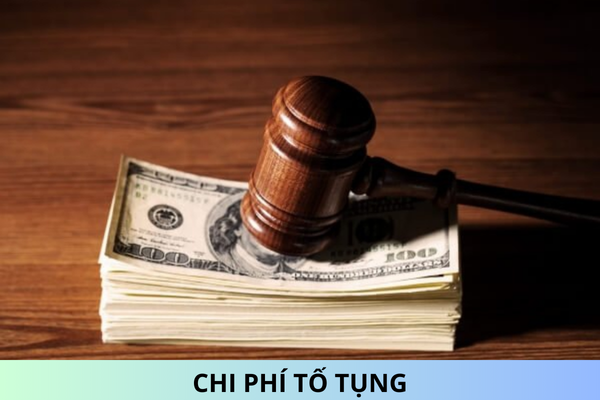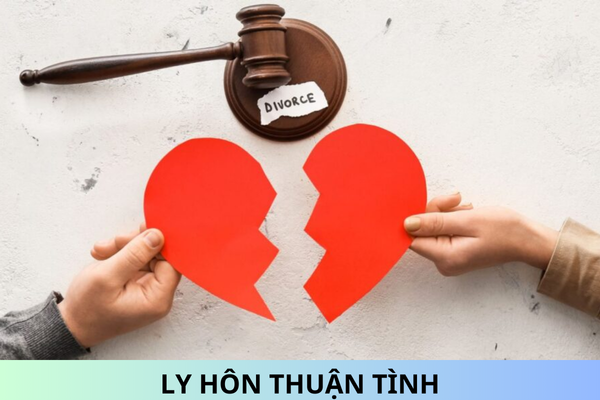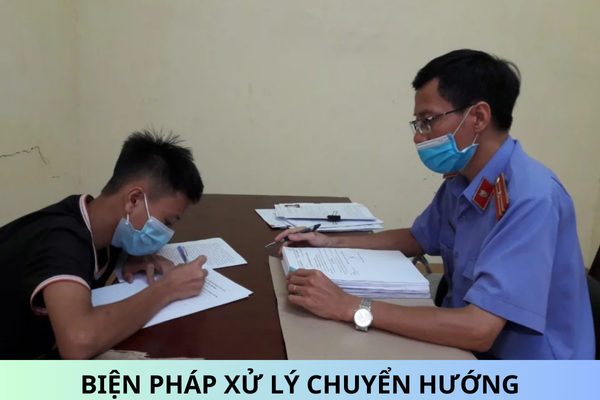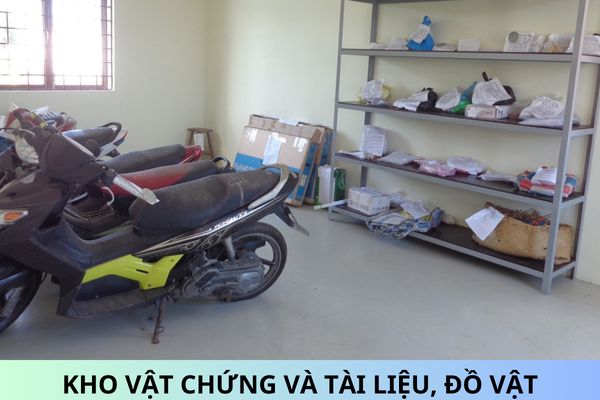How is the interrogation of the accused conducted?
What is interrogation? What is interrogation of the accused?
Interrogation (interrogation of the accused) isn't explicitly defined. However, according to the Criminal Procedure Code 2015, interrogation can be understood as a procedural activity conducted by an Investigator when there is a decision to prosecute the accused, to obtain their statement on the details of the criminal acts.
How is the interrogation of the accused conducted?
Article 183 of the Criminal Procedure Code 2015 stipulates the interrogation of the accused as follows:
The interrogation of the accused is conducted by an Investigator immediately after there is a decision to prosecute the accused. The interrogation can take place at the investigation site or at the residence of the accused. Before interrogating the accused, the Investigator must notify the Procurator and the defense attorney of the time and place of the interrogation. When deemed necessary, the Procurator shall participate in the interrogation of the accused.
Before the first interrogation, the Investigator must explain to the accused their rights and obligations as stipulated in Article 60 of this Code. This explanation must be recorded in the minutes.
When there are multiple accused in a case, each person must be interrogated separately and not allowed to interact with each other. The accused may be given the opportunity to write their own statements.
Interrogations should not be conducted at night, except in cases where it cannot be delayed, and the reasons must be clearly stated in the minutes.
The Procurator interrogates the accused in cases where the accused claims innocence, complains about the investigation activities, or when there is evidence of legal violations in the investigation, or in other necessary situations. The interrogation by the Procurator is conducted in accordance with the provisions of this Article.
Investigators, Investigation Officers, Procurators, Supervisors who coerce confessions or use torture against the accused shall bear criminal responsibility according to the provisions of the Penal Code.
Interrogations conducted at detention facilities or at the headquarters of the Investigation Agency, or at agencies assigned to conduct some investigative activities must be audio or video recorded with sound.
Interrogations conducted at other locations may be audio or video recorded with sound upon the request of the accused or at the discretion of the competent procedural authorities.
How are interrogation minutes regulated?
Each interrogation session must be recorded in a minute.
The interrogation minutes shall be prepared in accordance with Article 178 of this Code; recording fully the statements of the accused, questions, and answers. Investigators and Investigation Officers are strictly prohibited from adding, removing, or altering the statements of the accused.
After the interrogation, the Investigator or Investigation Officer must read the minutes to the accused or let the accused read it themselves. If there are any additions or corrections, both the Investigator or Investigation Officer and the accused must sign to confirm. If the minutes contain multiple pages, the accused must sign each page. In cases where the accused writes their own statements, both the Investigator or Investigation Officer and the accused must sign to confirm on the statement.
If the interrogation involves a translator, the Investigator or Investigation Officer must explain the rights and obligations of the translator, and inform the accused of their right to request a change of translator; the translator must sign each page of the interrogation minutes.
If the interrogation involves the presence of the defense attorney, or the representative of the accused, the Investigator or Investigation Officer must explain the rights and obligations of these individuals during the interrogation of the accused. The accused, the defense attorney, and the representative must all sign the interrogation minutes. If the defense attorney questions the accused, the minutes must fully record the questions of the defense attorney and the answers of the accused.
If the Procurator interrogates the accused, the minutes shall be recorded in accordance with the provisions of this Article. The interrogation minutes of the accused must be promptly transferred to the Investigator for inclusion in the case file.
Respectfully!










